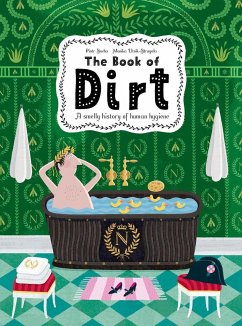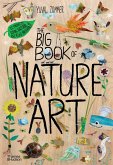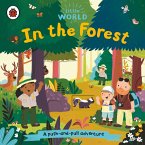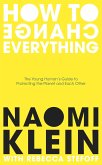A deep dive into the history and science of dirt.
Millions of people on Earth start their day the same way: we get out of bed, go to the loo and wash ourselves. But this hasn't always been the standard routine. Ancient Greeks and Romans were happy to splash about in public baths, but by the time the plague struck 14th-century Europe, many people believed that water spread diseases. It was not until the 18th century that Louis Pasteur proved that dangerous germs actually lurk in dirt. Even when hygienic habits began to be taught in schools, lessons were limited to washing faces and hands, because those were the parts that everyone could see.
Dive deep into the history and science of dirt, discovering how people around the world (and out in space!) keep themselves and their surroundings free from filth, how our ideas of what's clean and what's not have changed and developed over the centuries, and why a little dirt can sometimes be a good thing...
Millions of people on Earth start their day the same way: we get out of bed, go to the loo and wash ourselves. But this hasn't always been the standard routine. Ancient Greeks and Romans were happy to splash about in public baths, but by the time the plague struck 14th-century Europe, many people believed that water spread diseases. It was not until the 18th century that Louis Pasteur proved that dangerous germs actually lurk in dirt. Even when hygienic habits began to be taught in schools, lessons were limited to washing faces and hands, because those were the parts that everyone could see.
Dive deep into the history and science of dirt, discovering how people around the world (and out in space!) keep themselves and their surroundings free from filth, how our ideas of what's clean and what's not have changed and developed over the centuries, and why a little dirt can sometimes be a good thing...








